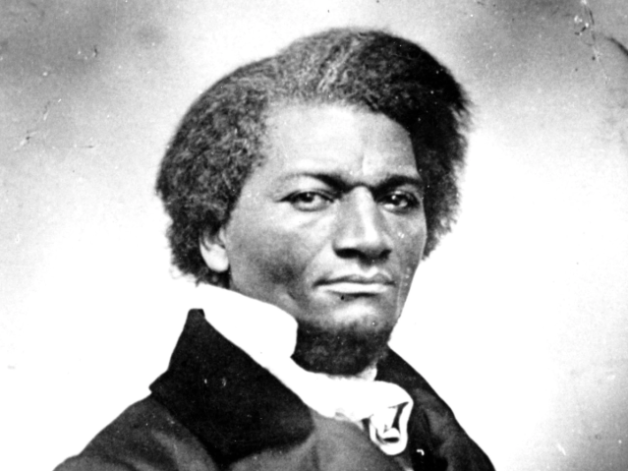There is a bizarre omission in The New York Times’ review of James Oakes’ new book, “The Crooked Path to Abolition: Abraham Lincoln and the Antislavery Constitution.”
The question at the center of the book is whether the Constitution should be viewed as a pro-slavery or anti-slavery document. And the reviewer, the historian Gordon S. Wood, never mentions Frederick Douglass. Good Lord. If there was one central takeaway from David Blight’s Pulitzer Prize-winning “Frederick Douglass: Prophet of Freedom” (2018), it’s that Douglass embraced the Constitution as a weapon with which to fight slavery, breaking with William Lloyd Garrison, who thought the Constitution was irredeemable.
Curious, I decided to dig a little deeper. And I found a review in The Washington Post by Elizabeth R. Varon of the University of Virginia. It turns out that Oakes not only mentions Douglass, but is a scholar of his views about the Constitution. Varon writes:
This book represents a shift in Oakes’s own thinking. While his 2007 study of Frederick Douglass and Lincoln, “The Radical and the Republican,” juxtaposed Douglass the crusading reformer with Lincoln the cautious politician, this volume foregrounds the commonalities between the two men. Lincoln shared with Douglass, Oakes emphasizes, an abiding belief in the abolition movement’s core principle of fundamental human equality.
Much insight is to be gained by contrasting the antislavery constitutionalism of Douglass and Lincoln with the proslavery constitutionalism of Southern enslavers.
By leaving out Douglass, Wood manages the task of writing a nearly 1,300-word essay about slavery without mentioning a single Black person by name. What was he thinking? And does anyone at the Times edit these things?
Please consider becoming a paid member of Media Nation for just $5 a month. You’ll receive a weekly newsletter with exclusive content. Click here for details.



